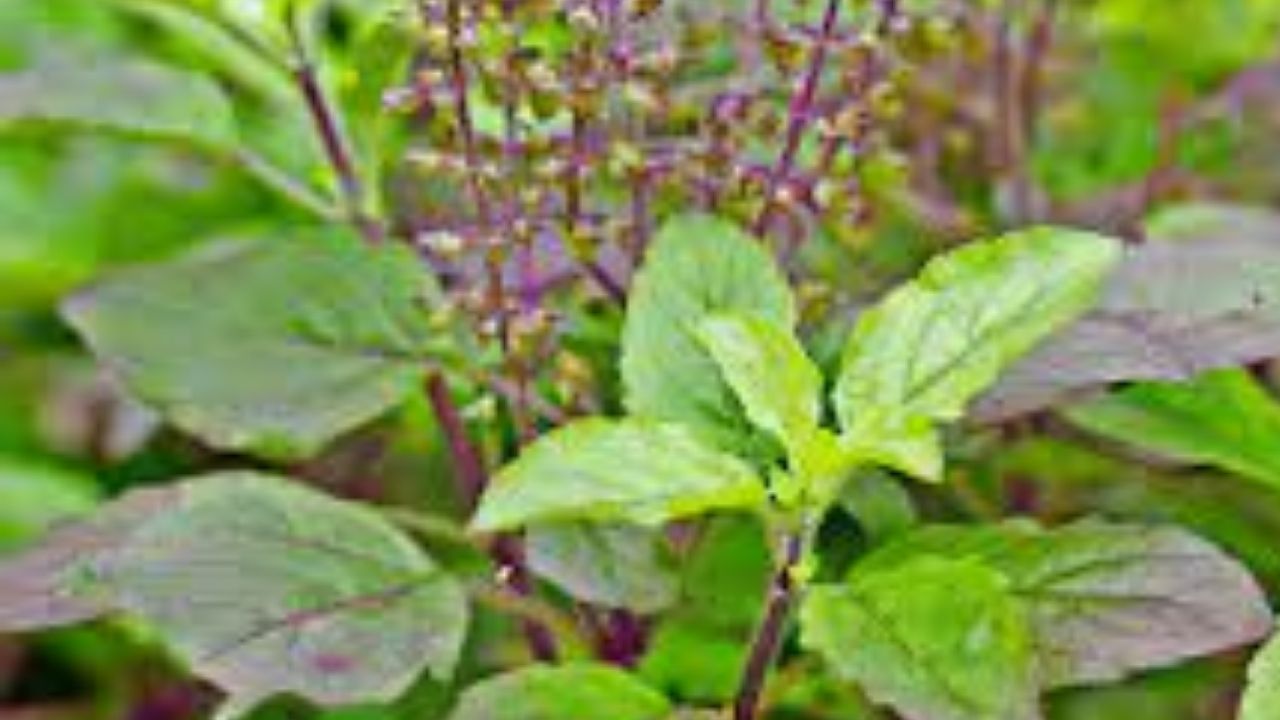
Maintaining healthy lungs is essential for general well-being as they are required for proper breathing and oxygen exchange throughout the body. The support and promotion of ideal lung function are made possible by a well-balanced diet.Lungs are frequently exposed to pollution and other environmental variables, which puts them at risk for oxidative stress and inflammation. Including particular foods in your diet may give your lungs the vitamins, minerals, and antioxidants needed to resist these threats and continue functioning. Here is a list of food that one can opt for:
Turmeric: Over the years, there has been increasing evidence that curcumin, a phytochemical in turmeric (Curcuma longa), has a broad spectrum of therapeutic properties and a remarkable range of protective effects in various diseases. A potent anti-inflammatory spice may benefit lung health by reducing inflammation and supporting respiratory function. Curcumin, its active compound, has antioxidant properties that can protect lung tissue.
Tulsi, or holy basil is a revered herb in Ayurveda for its exceptional medicinal properties. On the respiratory system, holy basil has a variety of effects. Phlegm is efficiently liquefied and works for coughs brought on by allergic bronchitis, asthma, and eosinophilic lung illness.
Ajwain, or carom seeds may support lung health due to their anti-inflammatory effects. It shows a relaxanteffect on tracheal smooth musclesand a bronchodilatory effect.
Spirulina: Nutrient-packed blue-green algae, is often considered beneficial for lung health. Its unique nutritional profile includes phycobiliproteins, phytochemicals, and antioxidant vitamins, making it beneficial against several ailments.It contains antioxidant potential. According to certain research, it may help with allergic rhinitis and asthma symptoms.
Green Tea: Green tea’s antioxidants, especially epigallocatechin gallate (EGCG), have anti-inflammatory properties. Some studies have shown green tea’s anti-inflammatory or protective effects against smoking or inhaling toxic materials in lung tissue.
In conclusion, it is essential for good health in general that lung health is maintained. Omega-3 fatty acids, antioxidants, and other nutrient-rich meals can help support lung function, reduce inflammation, and minimize the risk of respiratory infections. It’s important to remember that a healthy diet should complement an overall healthy lifestyle, including regular exercise and not smoking.The dietary choices can support lung health, but consulting a healthcare professional for personalized guidance is suggested.